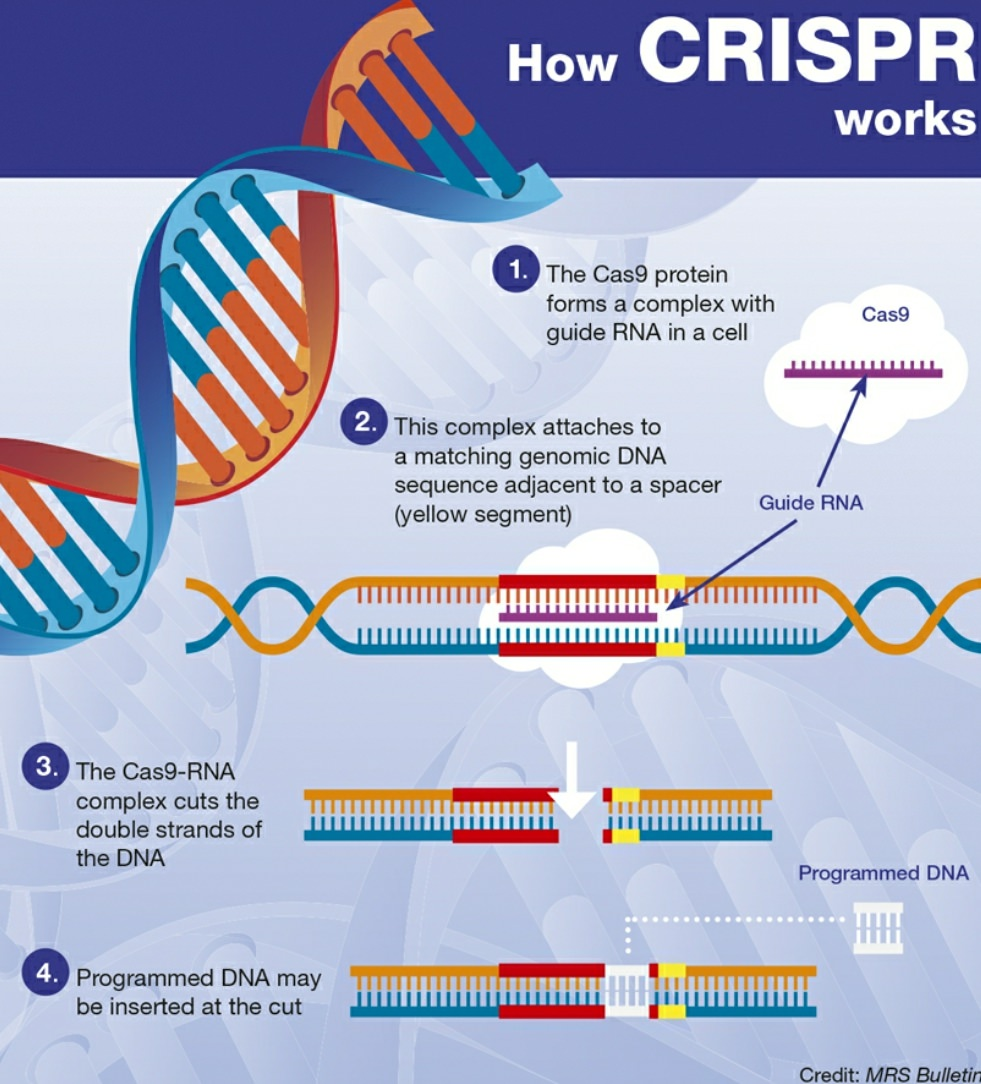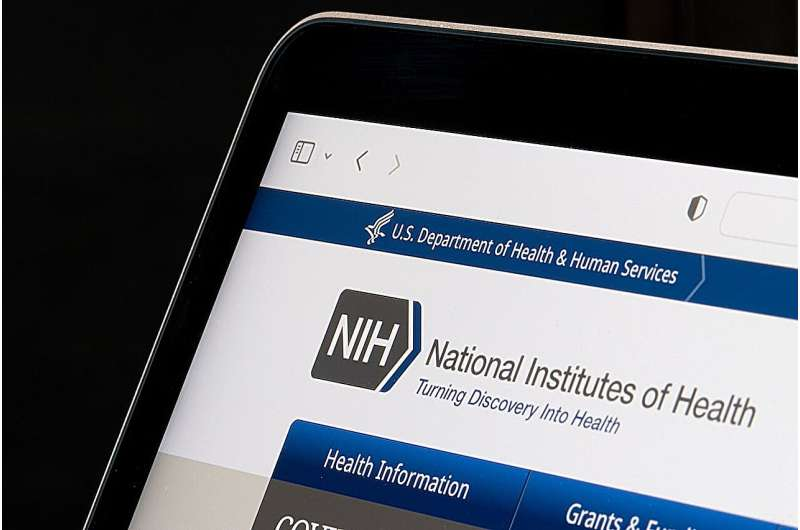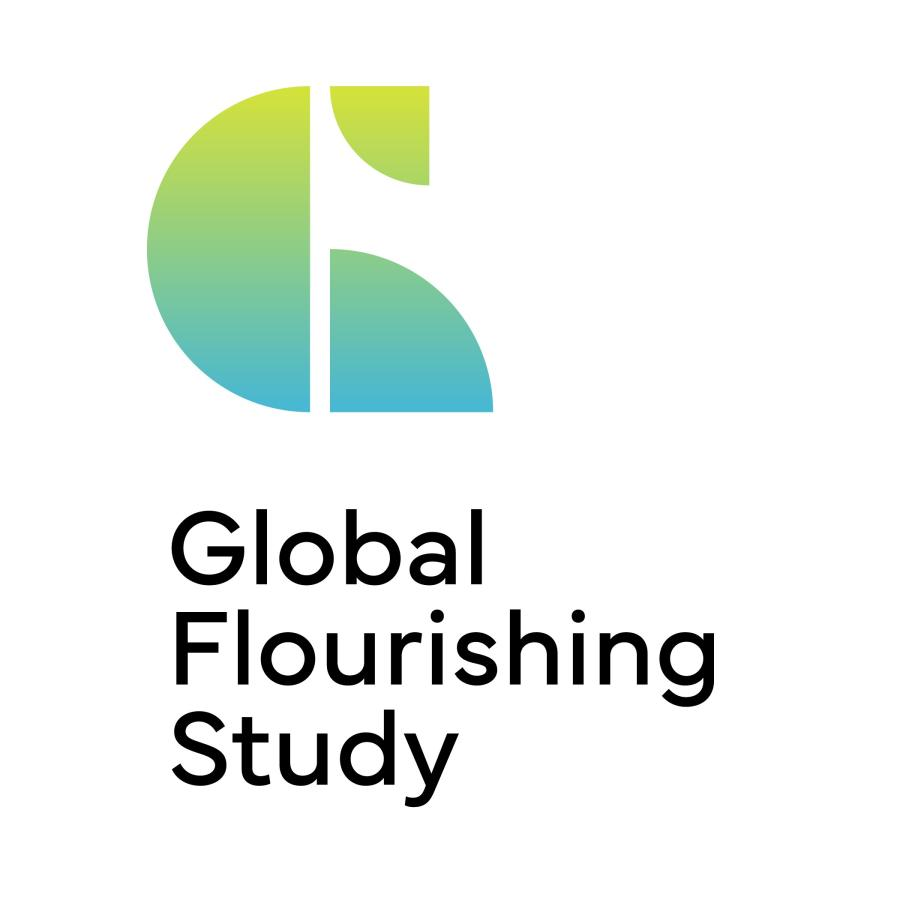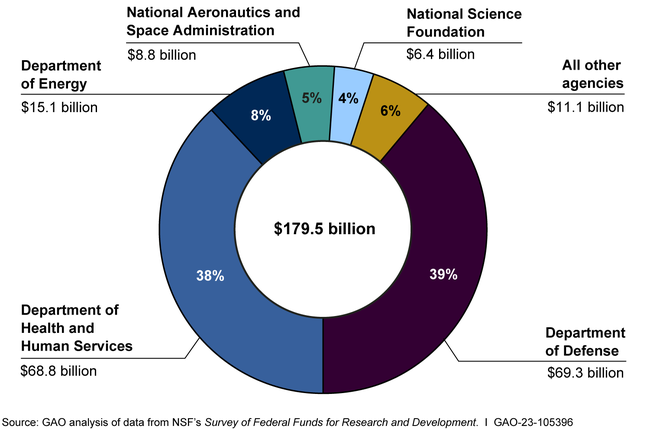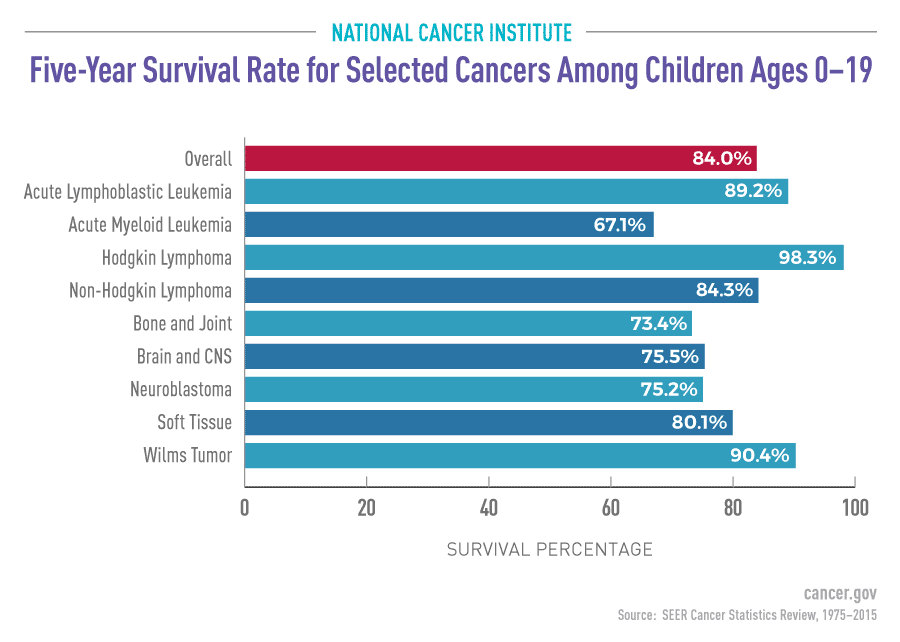Memory formation is a vital aspect of how we learn, remember information, and interact with the world around us.Recent breakthroughs in neuroscience have unveiled the intricate mechanisms that underpin this complex process, highlighting the role of synaptic plasticity in the development of memories.
CRISPR technology has revolutionized the field of genetics, offering unprecedented capabilities in gene editing and manipulation.With the ability to make precise alterations to DNA, CRISPR applications extend from potential cures for genetic disorders like sickle cell disease to the contentious discussions surrounding gene editing ethics.
Health tracking has emerged as a pivotal tool in understanding the intricacies of human cognition, particularly in the realms of memory formation and brain health.Researchers are increasingly leveraging advanced technologies to scrutinize synaptic plasticity, the foundational process that underlies learning and memory, which is critical in developing effective dementia therapies.
Funding cuts impact medical research in profound ways, particularly when it comes to safeguarding patient safety during clinical trials.In a recent decision, the Trump administration froze over $2 billion in federal research grants, which has disrupted essential initiatives aimed at ensuring the rights and welfare of research participants.
The Global Flourishing Study offers a profound exploration into the intricate dynamics of youth well-being and human flourishing across diverse nations.Spearheaded by researchers from Harvard University, this unprecedented investigation reveals that financial wealth alone does not dictate the quality of life and mental health of individuals, particularly among younger generations.
In the fight against nicotine addiction, vaping cessation has emerged as a crucial focus, particularly for young people.Recent research highlights the effectiveness of varenicline, an FDA-approved smoking cessation pill, in helping teens and young adults quit vaping.
Bile imbalance liver cancer is increasingly recognized as a critical area of research within the realm of oncological studies, particularly due to its connection with hepatocellular carcinoma (HCC).Recent investigations have unveiled that a disruption in bile acid metabolism can exacerbate liver conditions, potentially leading to HCC development.
Global health is a dynamic field that emphasizes the interconnectedness of health outcomes across borders and communities.Recent discussions led by prominent leaders like Atul Gawande highlight the critical need for robust health infrastructure and sustained global health leadership, particularly in light of challenges impacting organizations such as USAID.
Federal research grants are essential lifelines for scientists striving to advance public health funding and address critical issues such as cancer risk research.These grants not only enable researchers to embark on groundbreaking studies but also provide the resources needed to make significant impacts on communities.
Pediatric cancer recurrence prediction is paving the way for groundbreaking advancements in the care of young patients battling brain tumors, particularly gliomas.A recent study highlighted how AI tools can significantly enhance the accuracy of risk assessments, far surpassing traditional predictive methods.

